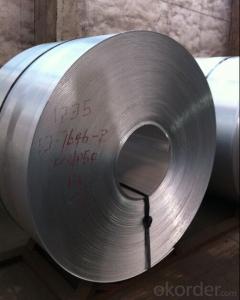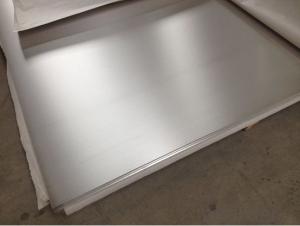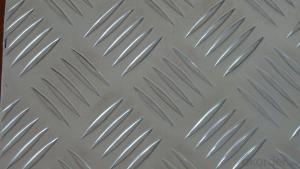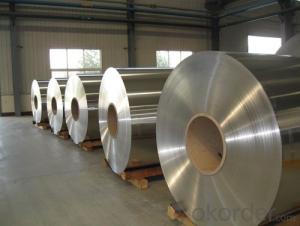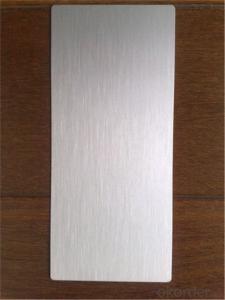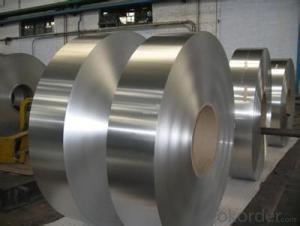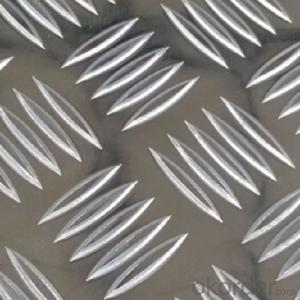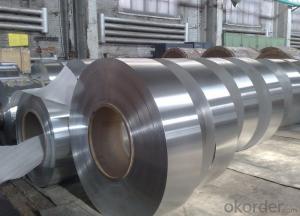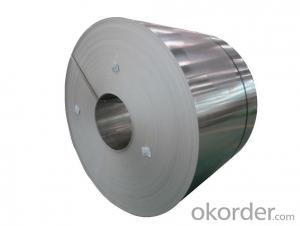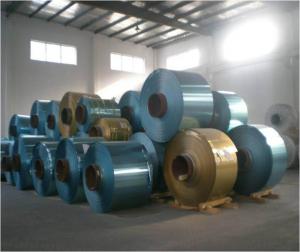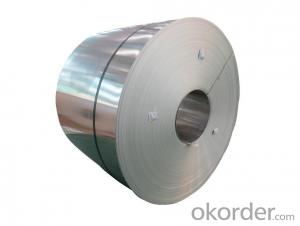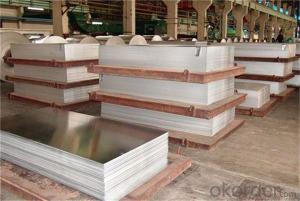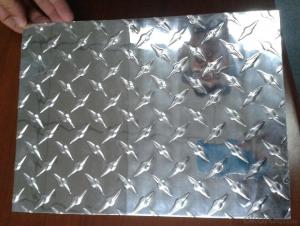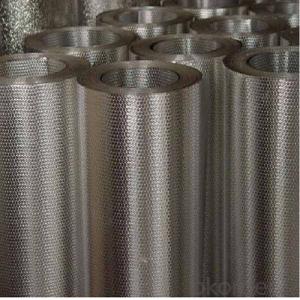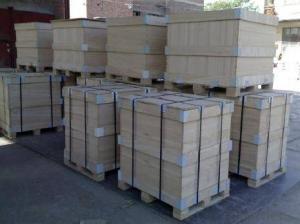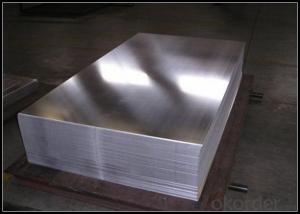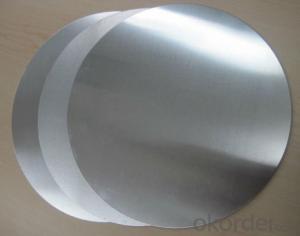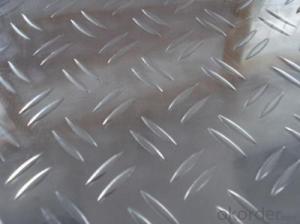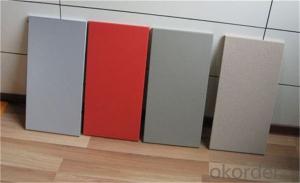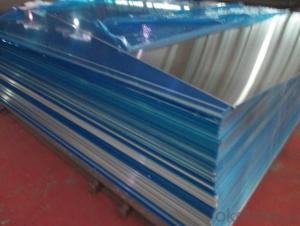All Categories
- - Steel Wire Rod
- - Steel Coils
- - Steel Profiles
- - Steel Pipes
- - Stainless Steel
- - Tinplate
- - Special Steel
- - Steel Sheets
- - Steel Rebars
- - Steel Strips
- - Hot Rolled Steel
- - Cold Rolled Steel
- - Pre-painted Steel
- - Seamless Steel Pipe
- - Welded Steel Pipe
- - Hollow Steel Tubes
- - Galvanized Pipe
- - Stainless Steel Coil
- - Stainless Steel Sheet
- - Stainless Steel Plate
- - Stainless Steel Strips
- - Electrolytic Tinplate Coil
- - Electrolytic Tinplate Sheet
- - Stainless Steel Rebars
- - Solar Panels
- - Solar Water Heater
- - Solar Related Products
- - Solar Inverter
- - Solar Cells
- - Solar Light
- - Solar Energy Systems
- - Solar Controllers
- - Solar Mounting System
- - Solar Pump
- - Solar Chargers
- - Fiberglass Chopped Strand
- - Fiberglass Mesh Cloth
- - Composite Pipes
- - FRP Pultrusion Profiles
- - Fiberglass Mat Tissue
- - Fiberglass Fabrics
- - Fiberglass Mesh
- - Composite Tank
- - Fiberglass Mesh tape
- - Polymer
- - FRP Roofing Panel
- - Fiberglass Roving
- - Monolithic Refractories
- - Ceramic Fiber Products
- - Refractory Bricks
- - Raw Materials For Refractory
- - Suspended Platform
- - Cranes
- - Concrete Machinery
- - Earthmoving Machinery
- - Building Hoist
- - Road Building Machinery
- - Plastic Pipe Fittings
- - Plastic Tubes
- - Plastic Sheets
- - Agricultural Plastic Products
- - Plastic Nets
 All Categories
All Categories
Q & A
How do aluminum sheets contribute to energy savings and emissions reduction in the aviation industry?
Aluminum sheets contribute to energy savings and emissions reduction in the aviation industry primarily due to their lightweight nature. Compared to other materials like steel, aluminum is much lighter, allowing for reduced fuel consumption and lower emissions during flight. Additionally, aluminum's high strength-to-weight ratio enables the construction of more efficient and aerodynamic aircraft designs, further enhancing fuel efficiency and reducing greenhouse gas emissions.
How do you assess the load-bearing capacity of aluminum sheets in flooring applications?
To assess the load-bearing capacity of aluminum sheets in flooring applications, several factors need to be considered. Firstly, the thickness and grade of the aluminum sheet play a crucial role in determining its strength and ability to withstand heavy loads. The manufacturer's specifications and engineering data should be consulted to understand the sheet's load-bearing capabilities.
Additionally, the span or distance between the supporting structures underneath the aluminum sheet is important. The closer the supports are placed, the better the load distribution and overall strength of the flooring system.
Furthermore, the type and distribution of the load to be applied should be taken into account. Uniformly distributed loads are typically easier to handle compared to concentrated loads. The anticipated load magnitude should also be within the allowable limits specified by the manufacturer.
Lastly, it is advisable to consult with a structural engineer or experienced professionals who can analyze the specific requirements of the flooring application, considering factors such as the expected traffic, intended use, and safety regulations. Their expertise will ensure an accurate assessment of the load-bearing capacity and help determine if additional reinforcements or modifications are needed.
What are the disadvantages of using aluminum sheets?
One of the main disadvantages of using aluminum sheets is their relatively low strength compared to other metals such as steel. This makes them less suitable for applications that require high load-bearing capacity. Additionally, aluminum sheets can be prone to denting and scratching, which can affect their appearance and structural integrity. Another drawback is their susceptibility to corrosion, especially in harsh environments, which may require additional protective coatings or regular maintenance. Lastly, aluminum sheets can have a higher initial cost compared to other materials, which may impact their affordability for certain projects.
Wholesale Aluminum Sheets from supplier in Djibouti
We are a Aluminum Sheets supplier serving the Djibouti, mainly engaged in the sale, quotation, and technical support services of various Aluminum Sheets products in the Djibouti region. We are a subsidiary platform of the Fortune Global 500 company CNBM, able to provide you with one-stop Aluminum Sheets procurement services in the Djibouti. Not only do we have a wide range of Aluminum Sheets products, but after years of market development in the Djibouti, we can also provide valuable experience for your projects.
